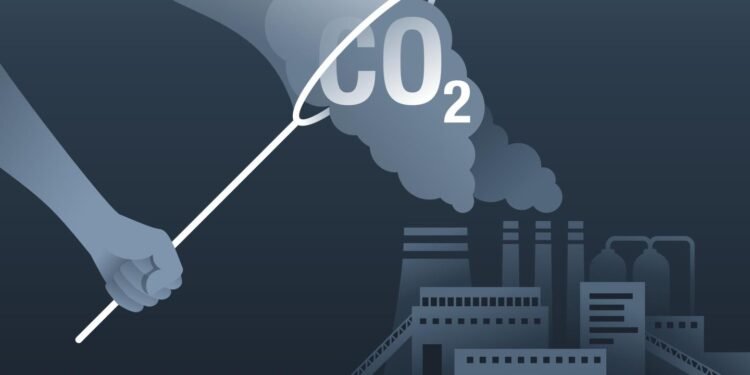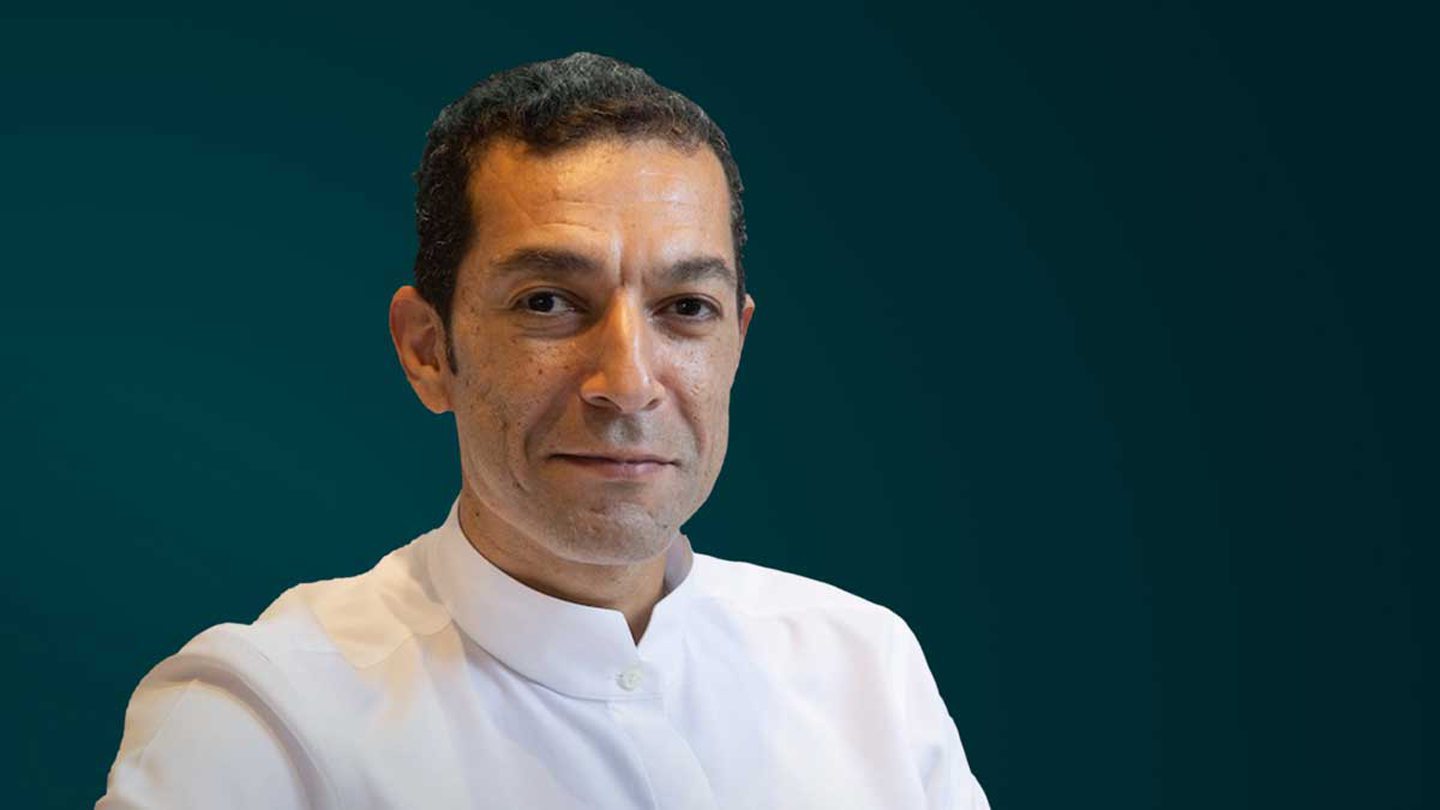Researchers at a Scottish university have made a breakthrough in carbon capture and storage (CCS) technology which could significantly accelerate the development of the nascent sector.
Scientists at Edinburgh’s Heriot-Watt University used artificial intelligence (AI) to slash the time required to model a CCS system from 100 days to just 24 hours.
Funded by £2.5 million from UK Research and Innovation, the ECO-AI project team hopes to reduce the time and costs associated with developing industrial CCS projects.
To do this, ECO-AI aims to “develop energy-efficient solvents for CO2 capture followed by permanent storage of captured CO2 into geological storage sites, using various AI techniques”.
The AI research also seeks to address the financial implications of CCS deployment for businesses and for policy makers.
The university said the researchers hope the project will show how bespoke technologies can “enable CCS to be a viable economic option for traditional industries wanting to decarbonise”.
The project is being led by the university’s net zero research institute iNetZ+, in partnership with Imperial College London.
iNetZ+ data and artificial intelligence research leader Professor Ahmed H. Elsheikh said the ECO-AI project is focused on AI algorithms for hard to decarbonise industries like steel, cement and chemicals production.
“Our research has the ability to really advance existing scientific research streams to source suitable options for safe storage of CO2 without consuming too much energy and without the need to deploy expensive and often time-consuming exploratory investigations,” he said.
Professor Elsheikh said the team is confident its research and collaboration with industry can have a “profound impact” on the net zero transition.
Carbon capture and storage
The UK government is investing close to £20 billion in developing a CCS industry as part of efforts to achieve net zero emissions.
Central to these plans is the formation of ‘clusters’ around heavy industrial emitters, and then transporting captured CO2 to offshore storage sites as part of projects like HyNet and Acorn CCS.
However, the UK government’s strategy has been criticised by organisations like Carbon Tracker, which it said risks locking consumers into a “high-cost, fossil-based future”.
Rising costs for the technology have reportedly led the UK government to consider delaying support for some carbon capture projects.
Recommended for you



 © Supplied by Hot Tin Roof
© Supplied by Hot Tin Roof






